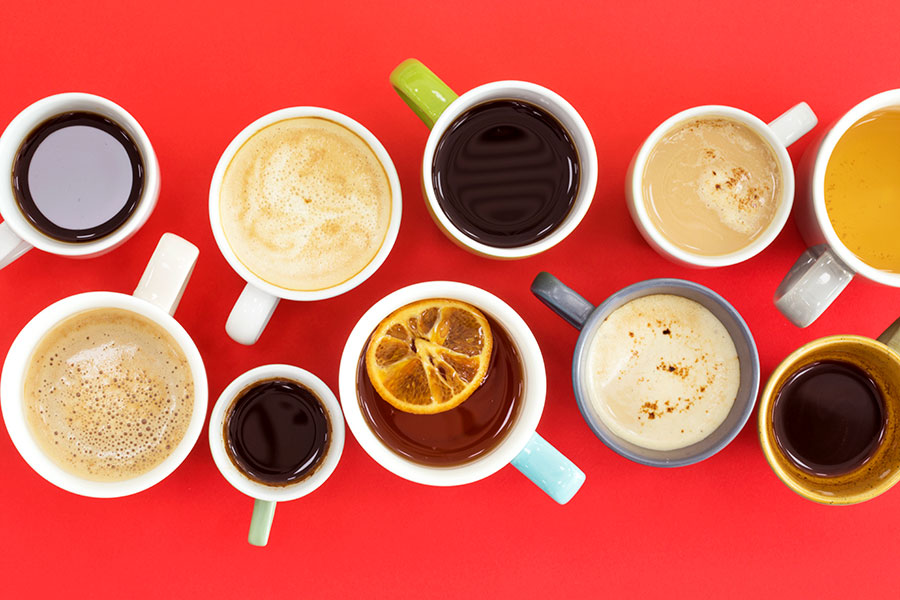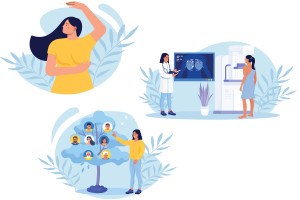Coffee Vs. Tea: Is One Better for You?

Photo credit: Getty Images
Everyone has a hot take about the most beloved breakfast beverages, coffee and tea. Some insist coffee has it all—rich taste, enough caffeine to keep them going and it’s good hot or cold. While others swear by tea—it’s soothing to the throat, aromatic and a relaxant. Both have their benefits, that’s for sure, but is one actually better than the other? To help caffeine-crazed drinkers everywhere we decided to put them to the test to see if one was indeed healthier than the other.
Read on to see which cuppa claims the top spot for each of the following health categories:
Heart Health
Winner: Tea
Scientists claim that both tea and coffee are good for your cardiovascular health (so long as you’re not drinking copious amounts of either). But tea tends to have a higher chance of lowering your risk for developing heart disease. By lowering your cholesterol and triglycerides, tea works hard at keeping your heart healthy.
Weight Management
Winner: Tea
But there’s a small caveat—green tea, not all tea, can help with weight loss and weight management. Green tea has been proven to increase your body’s ability to burn calories, increase how your body burns off fat for energy, reduce fat absorption and reduce your appetite.
Antioxidants
Winner: Coffee
While both coffee and tea contain antioxidants known as polyphenols, coffee generally contains two and a half times more than tea. Polyphenols help reduce inflammation and repair cells. But it’s good to keep in mind that certain types of coffee beans contain more of these healing properties than others. Beans grown in high-altitude areas, like Kenya Ethiopia and Colombia, tend to have the most.
Cholesterol
Winner: Tea
Tea wins by default on this one as coffee can often elevate your levels of cholesterol. Coffee contains a compound called cafestol which can easily raise your cholesterol levels by attacking an intestinal pathway receptor responsible for regulating cholesterol. However, cafestol can be avoided by drinking filtered coffee. The compound can be removed by paper filters used in the brewing process.
Digestion
Winner: Coffee
While some claim that coffee can cause IBS, researchers believe that coffee can actually help your gut health and decrease the risk of colorectal cancer. Coffee is chock full of antioxidants that protect your cells from oxidative damage (a major cause of cancer). Researchers from the University of Southern California found that individuals who drank at least one to two servings of coffee a day, had a 26 percent reduction in the odds of developing colorectal cancer.
Alertness
Winner: Tea
Coffee is great for that much-needed, quick jolt of energy in the morning. However, tea has longer lasting effects. Tea contains an amino acid called L-theanine which slows down the pace at which caffeine is absorbed into your body. The slowed down process allows L-theanine to cross the blood-brain barrier (which coffee cannot!) to reach neural tissue and increase alertness without inducing anxiety. The amino acid can also aid in relaxation, memory and reducing cognitive decline as you age.
The final verdict—both coffee and tea have their benefits so long as you drink them in moderation. But if you’re looking for the healthiest drink option that helps with all of the categories above—water is the clear winner. Drink on!
Get more information on how Independence Blue Cross can be a part of your plan for health and wellness.
This is a paid partnership between Independence Blue Cross and Philadelphia Magazine

